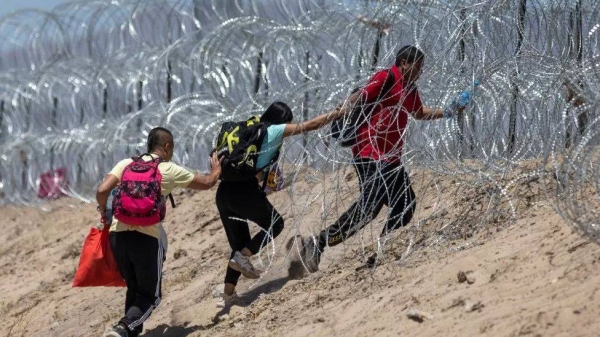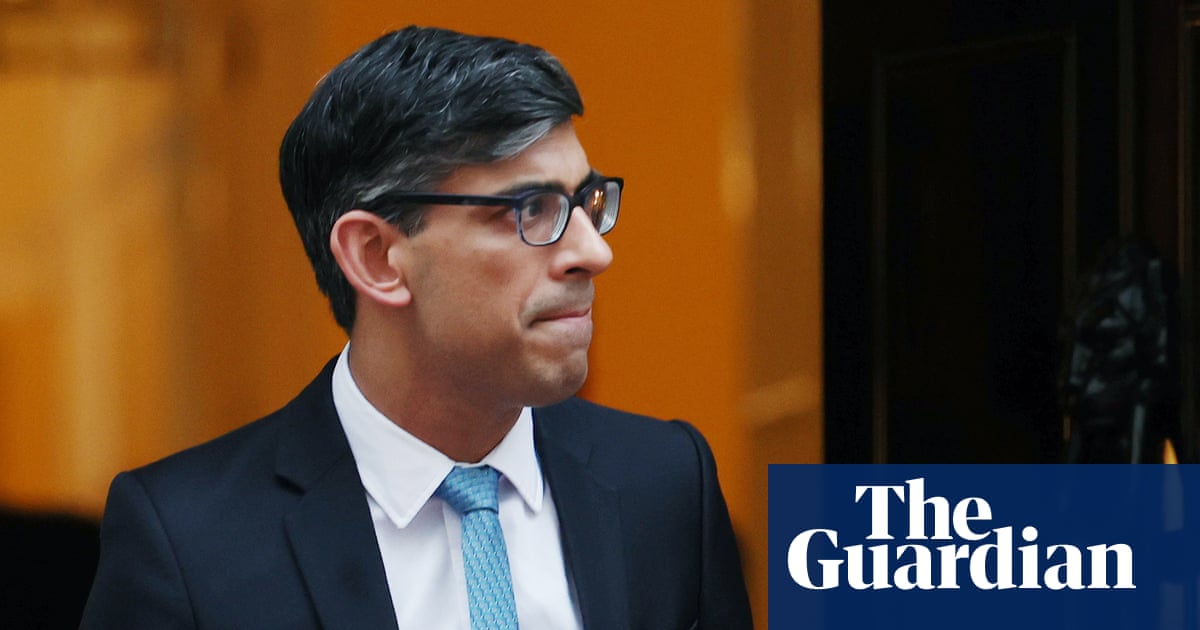
That Israel is a country full of contradictions is an understatement. After spending just over a week there earlier this month, I experienced the commemoration of the Holocaust and Israel’s fallen soldiers, then the nation’s 71st Independence Day, and finally, a complete Eurovision frenzy.
All of this took place while, on the other side of the border, in the occupied West Bank and blockaded Gaza, it was time to remember the catastrophe that befell the Palestinians in 1948 — the Nakba. There was not much to celebrate, as the future in both places looks bleak.
Israel is still recovering from last month’s bruising elections. It deepened divisions and fragmentation across the country, producing another set of results that made horse-trading look honorable compared to the negotiations that followed to form the new coalition government.
For decades now there has been no smooth route to forming Israeli governments. But the pending indictment of the prime minister, Benjamin Netanyahu, on corruption charges has made the process even more delicate.
At the best of times, assembling a majority in the Knesset to support a government is a momentous task: The divide between the two major parties is too wide for a grand coalition.
Consequently, Likud needs to add to its 35 seats at least four other parties to cross the majority threshold of 61 seats, and to add a fifth to have any chance of surviving the full four-year term.
Although the April elections produced one of the most right-wing parliaments in the country"s history, this has not made assembling the coalition any easier, and for two major reasons.
First, though one should not underestimate Netanyahu’s success at the ballot box, positioning himself as the only person capable of forming a government despite scant achievements to his name and a long list of corruption allegations against him, he is in a very weak position when it comes to negotiations.
His potential partners in government are all well aware that, this time around, things are different and the stakes are much higher. For Netanyahu, it is no longer solely about his political future and retaining the top ministerial position, but about avoiding the possibility of prison.
Not great for someone who is turning 70 this year and — if still in power this coming July — would become the longest-serving prime minister in the history of Israel.
His rivals are well aware that despite his nonchalant attitude towards the accusations against him, he is desperate for them to support legislation that will prevent the legal authorities from pursuing his case in court.
His supporters in the Israeli legislature are promoting either a new law automatically granting governing legislators immunity from prosecution, or a move to undermine the judiciary by limiting its powers to override legislation passed by the Knesset.
In other words, the Knesset would be able to re-legislate laws that the High Court strikes down, making it almost impossible for the court to overturn any Knesset decision. Either of these options would pave the way for corrupt politicians to cling on to power indefinitely.
If this is one ugly side of the current attempts to form a government, there is another factor that is hampering them. There is an illusion that just because the parties involved are all of the right, they have a sense of common purpose, and of responsibility to ensure a government that represents their ideology.
In reality, this bloc is far from monolithic. They include the ultra-Orthodox Sephardi and Ashkenazi parties, religious messianic ultra-nationalists, and extreme right-wing secular populists who mainly represent immigrants from the former USSR.
They differ on almost everything, except an extremely hawkish approach towards the Palestinians, and in international affairs generally. They want to perpetuate the occupation of the West Bank and take a tougher stand against Hamas in Gaza.
It won’t be shocking news if Netanyahu asks President Reuven Rivlin for an extension, as the law permits, to allow him more time to form his fifth administration. Yet it has become clear that the national agenda has been hijacked by the whims and legal complications of the Netanyahu family.
While these medieval political shenanigans are taking place, there is an air of acceptance among Israelis and Palestinians that any progress on the peace process is now extremely unlikely — for now, at least. There remain some who hope for the Trump peace plan to be published, even though that is expected to be a one-sided initiative in line with Israeli government policies.
It takes an eternal optimist to believe that there would be more in it than something along the lines of economic peace, which ignored completely the national, political and civil rights of the Palestinians.
For now in Israel there is a sense of restored calm after the hostilities with Hamas earlier this month. It is back to the routine mode of denial regarding what happens close by on the other side of the Green Line, as Israelis have become accustomed to.
Even producing an extremely impressive international song contest cannot conceal the harsh realities of the erosion of the country’s democratic ethos, or its fragile and fractured relations with the Palestinians. Eurovision was just a short-term tranquilizer.












